Three students reported finding metal items in meals and prepackaged foods from dining halls and Munchie Marts during the first three weeks of September. The pieces of metal that students found range from metal nuts to copper wire.
On Sept. 16, sophomore Zack Maaieh found a jagged piece of metal resembling copper wire on a piece of fruit in his bowl from E. Bronson Ingram (EBI) Dining Hall.
“It was laying on my cube of melon. I just saw it and stopped,” Maaieh said.
Maaieh told a Campus Dining employee about the metal piece in his fruit salad the next day. Per Maaieh, the EBI dining hall manager apologized to him and said the metal may have been part of a fruit scooper.
Similarly, on Sept. 20, junior Kaitlyn Williams found a piece of metal in her Rand breakfast bowl.
“It looked like the metal ends that come with sausages. Parts of it were pretty sharp,” Williams said. “I took it to one of the Rand
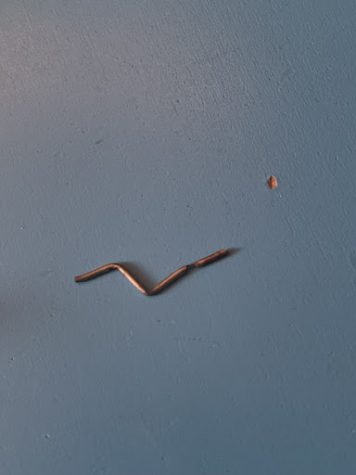
workers and told them I found it in my bowl.”
Although she said Campus Dining employees at Rand were receptive to her concerns, Williams said she has been more wary of eating on campus after this incident, even at other dining halls.
“I was a bit shaken up. I don’t know if that was from finding the metal or my food, but I was feeling a little sick [to my stomach] for about an hour after,” Williams said.
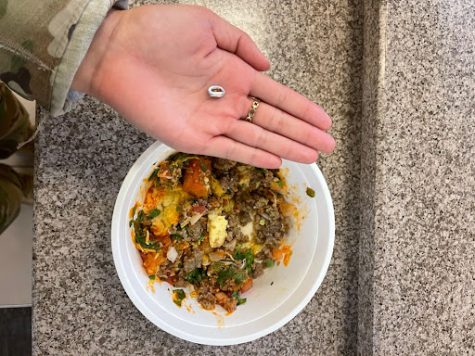
Williams said more safety procedures should be implemented to prevent incidents like these, such as checking food for contaminants while it is cooking.
“I don’t know what happened and how it got in my food, but I think just being more aware of what’s happening in the surroundings of the kitchen area [is important],” Williams said.
Sophomore Elise Puliafico also said she found a piece of metal in her sandwich from the Branscomb Munchie Mart on Sept. 5. Unlike Maaieh and Williams, Puliafico stated that the contaminant in her food was not immediately noticeable.
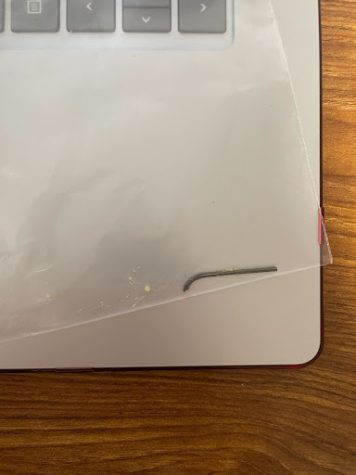
“It was so scary to take a bite of a sandwich that I got from my school and find a piece of metal in my mouth. When I first bit it I thought it was like a bone or something, so I was shocked when I pulled a piece of metal almost an inch long out of my mouth,” Puliafico said. “Someone could get seriously hurt by this so hopefully they fix the problem soon.”
In a statement from Campus Dining emailed to The Hustler by a university representative, Campus Dining said student confidence in food remains a top priority.
“We understand that student confidence in our program may be impacted by incidents such as these, but we want the student body to know that our kitchens are open to anyone who wants to know what goes on behind the scenes,” the statement reads.
Campus Dining offered an explanation for the metal found in Puliafico’s sandwich from the Branscomb Munchie Mart.
“This semester, we have only received one report of an incident – a small piece of metal in a Munchie Mart meal, which was due to a lettuce box staple that made its way into our production line,” the statement reads.
Campus Dining claimed that, out of 942,639 meals served during the Spring 2022 semester, two contained contaminants. The statement recommended that students who find such items in their food should contact the manager on duty immediately.
“Our mission is to serve the student body with the utmost safety,” Campus Dining said. “We have had a very limited number of incidents involving contaminants in the food we serve.”
They also noted that all students who bring an incident of contamination to their attention are entitled to reimbursement of their meal swipe. Maaieh and Williams did not receive a reimbursement of their meal swipes despite contacting a Campus Dining employee about their respective incidents. Puliafico did not respond to The Hustler’s request for comment regarding if she received a reimbursement.
Campus Dining’s food safety webpage states that the university works closely with county health officials to follow public health guidelines. Per the website, food safety procedures at Vanderbilt include logging hourly food temperature and requiring food safety training for all dining managers. Campus Dining is also ServSafe certified, which ensures continuous supervision of food preparation by a trained food safety worker.
“Vanderbilt Campus Dining takes food safety and sanitation very seriously,” the website reads. “We work closely with county health officials and are continually trained in the latest principles and regulations of food safety.”





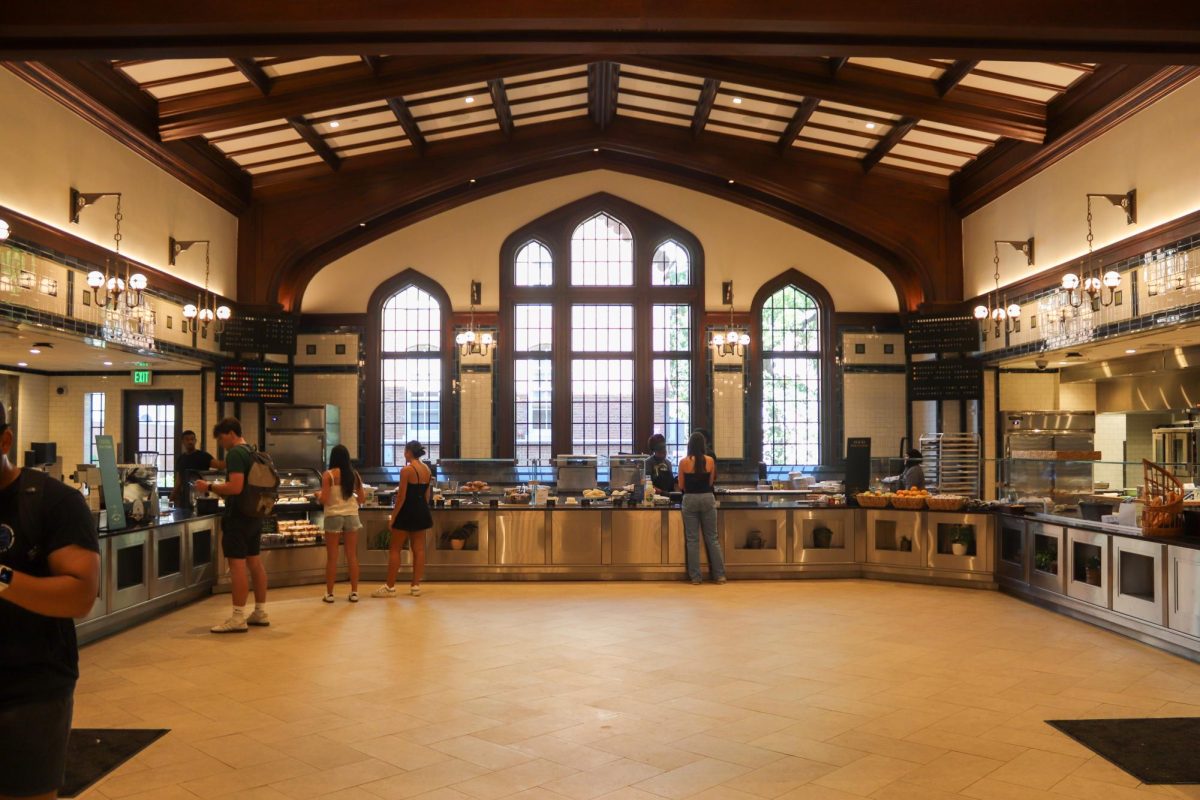
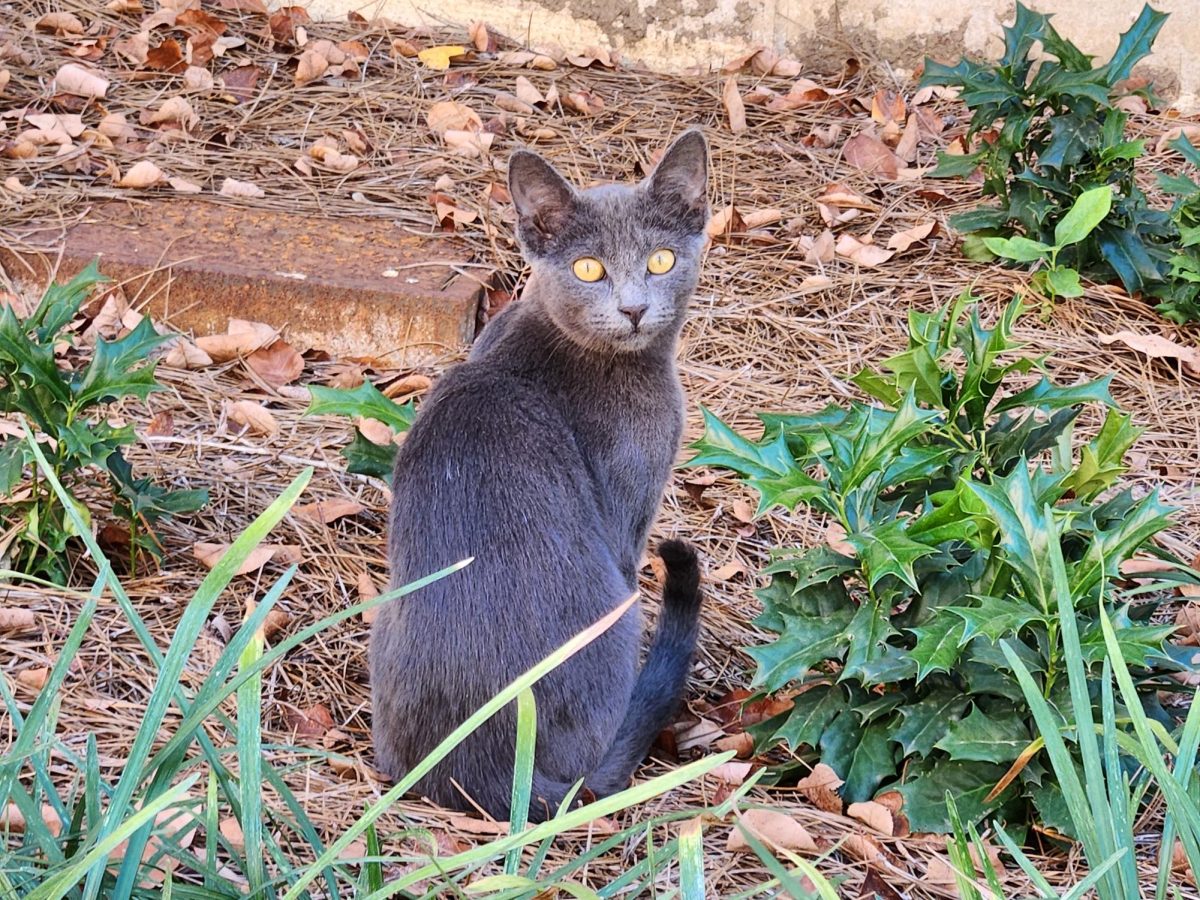


crunch crunch! • Sep 28, 2022 at 4:48 pm CDT
Like this if you’ve had small pebbles in your rand bowl…
Audrey Y. • Sep 26, 2022 at 10:05 am CDT
How am I not even surprised…this is terrible